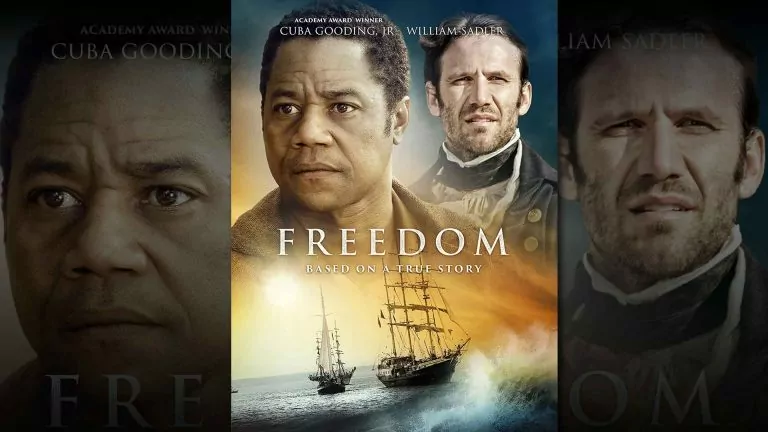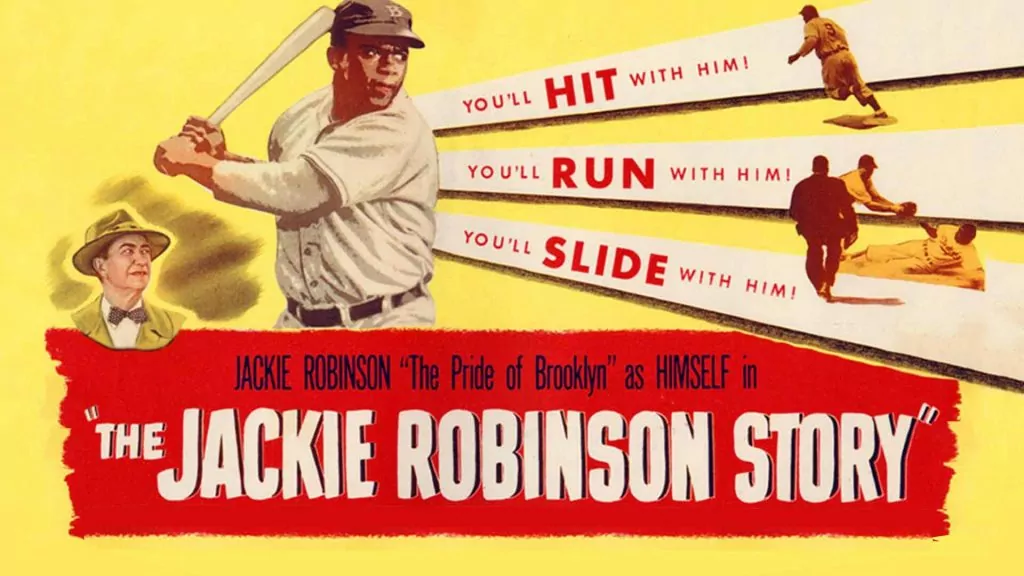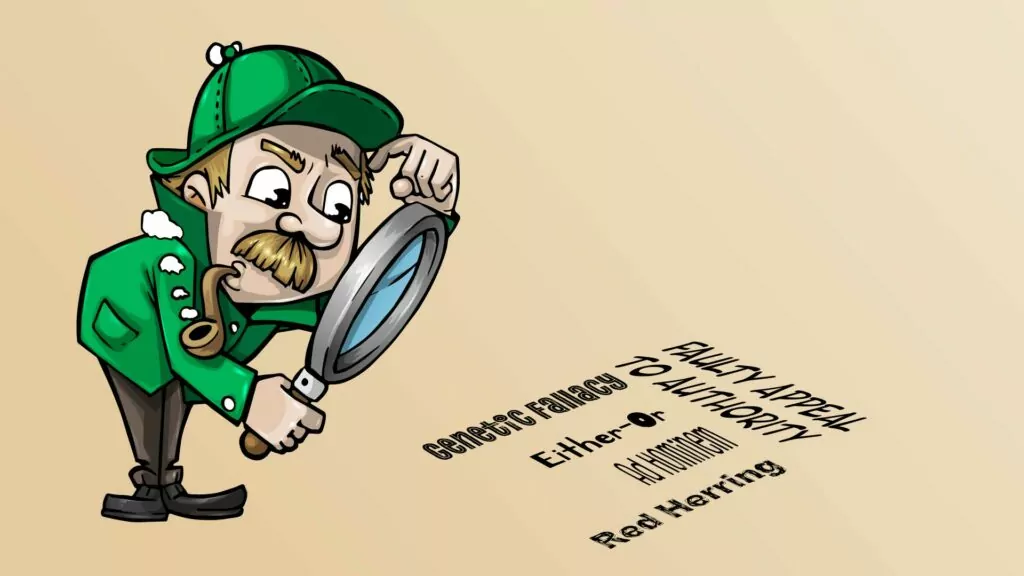Drama
2014 / 94 minutes
Rating: 7/10
Like many a film “inspired by true events,” this isn’t good history but it is pretty decent cinema.
Freedom is really two stories in one, the first loosely based on the life of John Newton. He’s the author of the hymn “Amazing Grace” and while the film gets the broad details of his life right – he was the captain of a slave trade ship, he did have an encounter with God on his ship, and he did turn his back on the slave trade – the timeline of those events has been greatly compacted. In real life, his rejection of the slave trade was a gradual shift over years and even decades, while in the film it seems more a matter of weeks.
The second story takes place 100 years later, and is a fictional account of a family of slaves fleeing Virginia via the Underground Railroad. Cuba Gooding Jr. stars as the father, Samuel. He has his wife, son, and mother with him, and while his mother trusts in God’s faithfulness for everything, Samuel has no interest in God. How, he asks, can any slave think God cares about them? It’s unusual for a Christian film to ask difficult questions. While Samuel does come to God before film’s end, both he, and we, are left with the realization that God might not give us all the answers we are after, or at least not on this side of Heaven.
What connects these two stories is a Bible that John Newton is supposed to have given Samuel’s great-grandfather when he was just a boy years ago. Samuel’s mother still has it, and we take the leap back in time when she tells the story of how Newton came to give a Bible to a slave.
Newton’s “Amazing Grace” is the musical centerpiece to the story, but there are lots of other songs too. It isn’t a musical, though – in musicals people just randomly start to sing instead of talk. Here most of the songs have a natural fit: characters sing because they are comforting someone, or as part of a performance, or they sing to pass the time. But whatever the reason they are singing, the music is very good!
Cautions
Freedom received an R rating for the violence that’s done to the slaves. While many of the blows happen just offscreen, communicated more by sound than by visuals, it can be brutal. That makes this best suited for older teens and parents.
While God’s name is used throughout the film it is used appropriately, to either talk about Him, or to Him. There is one use of “damn.”
Conclusion
One secular critic called this “an overly sentimental cinematic history lesson best suited for church and school groups” and while he meant it as a criticism, I’d just say he’s nailed the target audience. The slave trade was brutal, and while this is too, it is only so in parts because the filmmakers didn’t want to present an unvarnished look – they weren’t trying to make a Schindler’s List that’d leave everyone mute and depressed afterward. By presenting only some of the horror, they allow families to view and discuss it together with their older teens. Freedom could serve as an instructive introduction to this chapter of history… at least for teens and adults.















